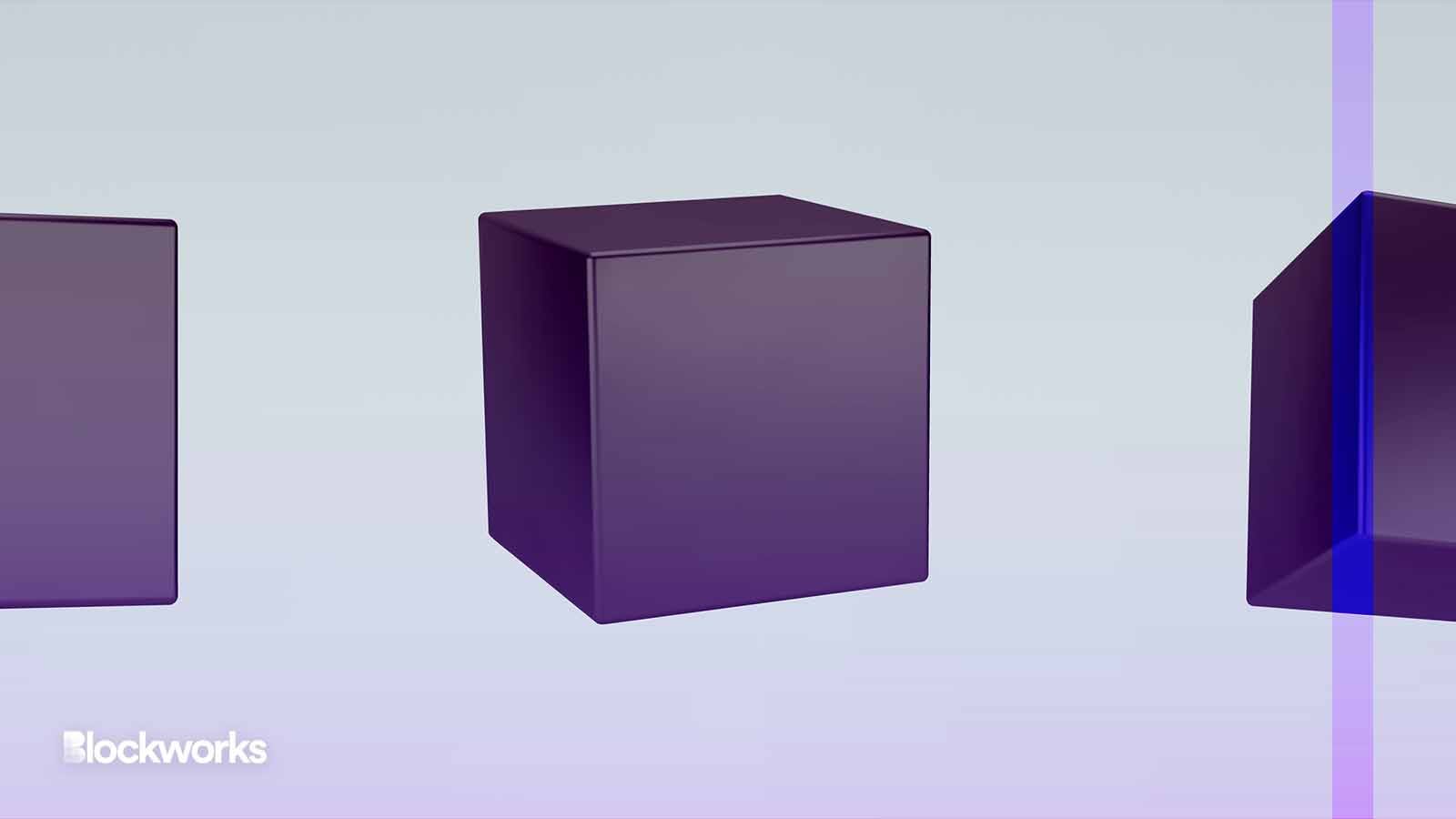Chronicle Protocol aims to break the ‘black box’ oracle problem
The new protocol touts operating costs that are lower than competitors’

Evgenia Vasileva/Shutterstock modified by Blockworks
Chronicle, the oracle specialist on MakerDAO, has launched a standalone protocol in a bid to bring about transparency on the oracles that connect different blockchains.
Several years in the making, the effort is intended to build on Chronicle’s presence as an oracle provider, having $5 billion of assets at its disposal on Maker — marking Chronicle as the second-largest provider of oracles, behind Chainlink.
Chronicle’s total value locked (TVL) in its oracles stood at around 21% of the total asset pool on Friday, with Chainlink controlling approximately 48%.
The team, according to Kunkel, has been setting up instantaneous oracle data feeds that track precise pricing and trading. Kunkel was an early member of MakerDAO and has been working with another alumnus on his new project.
According to Kunkel, who launched the first oracles on Ethereum in 2017, oracles have for too long operated as “black boxes,” spitting out data with varying degrees of accuracy. In doing so, they publicly offer, by design, little insight into how that data was generated — absent someone having the technical skills taking the time to compile it themselves.
One central initiative behind Chronicle, he said, is to demystify those data sets, tracking them on more granular levels and also providing free, easy to access dashboards that allow users to tap into the oracles’ collective computing power in new ways.
“The crypto ecosystem developed incredibly quickly,” Kunkel said. “We spent all of this money and time and blood, sweat and tears to build these decentralized and transparent blockchains, and then we spent all of this money and blood, sweat and tears on building these decentralized protocols.”
For some reason, when it came to infrastructure, we just cut all of the corners, and all this infrastructure in crypto is just like a black box — particularly for oracles,” Kunkel continued. “No one understands how they work under the hood. And they’re just fortune tellers that serve up data or prices and are accepted at face value, because [people] trust the brand, and that’s really antithetical to the entire ethos of, ‘Don’t trust, verify.’”
Kunkel’s first oracle was designed to support SAI, which preceded Maker’s DAI stablecoin. The oracles built to sustain SAI are still functioning, he said.
Chronicle Protocol is launching on Polygon zkEVM, the layer-2 scaling solution for Ethereum that launched in March. It also plans to use zkEVM technology, which allows for smart contract proof and execution without revealing transaction details on Ethereum’s mainnet, to partner with Spark Protocol.
Read more: Maker to spark ‘new explosion of DAI’ with custom lending market
The protocol’s dashboard, dubbed the Chronicle, “allows anyone to intuitively and provably track the origin of every element of data, end-to-end: creating a high integrity censorship-resistant layer for data transmission,” a statement said.
It’s powered by a consensus network consisting of 22 node operators, including those running on Infura, Etherscan, Gnosis, MakerDAO and dYdX.
The project has been touting cost savings from its oracles, which Kunkel said are the least-expensive on the market. He attributes that to its primitive, Scribe, which he said is “hyper-scalable,” as well as “completely transparent and verifiable.”
Get the news in your inbox. Explore Blockworks newsletters:
- The Breakdown: Decoding crypto and the markets. Daily.
- 0xResearch: Alpha in your inbox. Think like an analyst.






